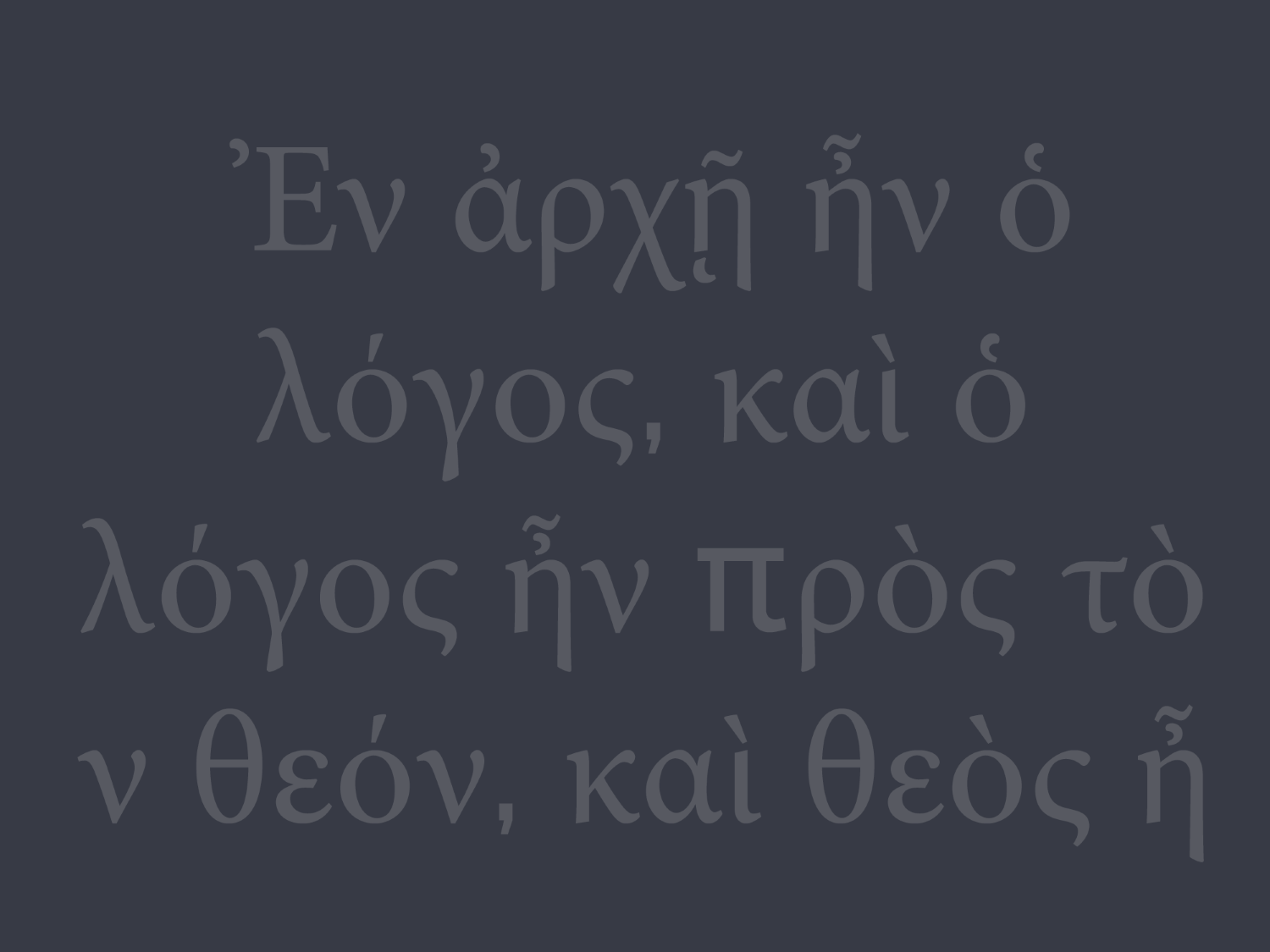The Testimony of Diligence
10b But we urge you, brothers, to do this [love one another] more and more, 11 and to aspire to live quietly, and to mind your own affairs, and to work with your hands, as we instructed, 12 so that you may live properly before outsiders and be dependent on no one. 1 Thessalonians 4:10b-12 (ESV) In the 1360s, John Wyclif, morning …




